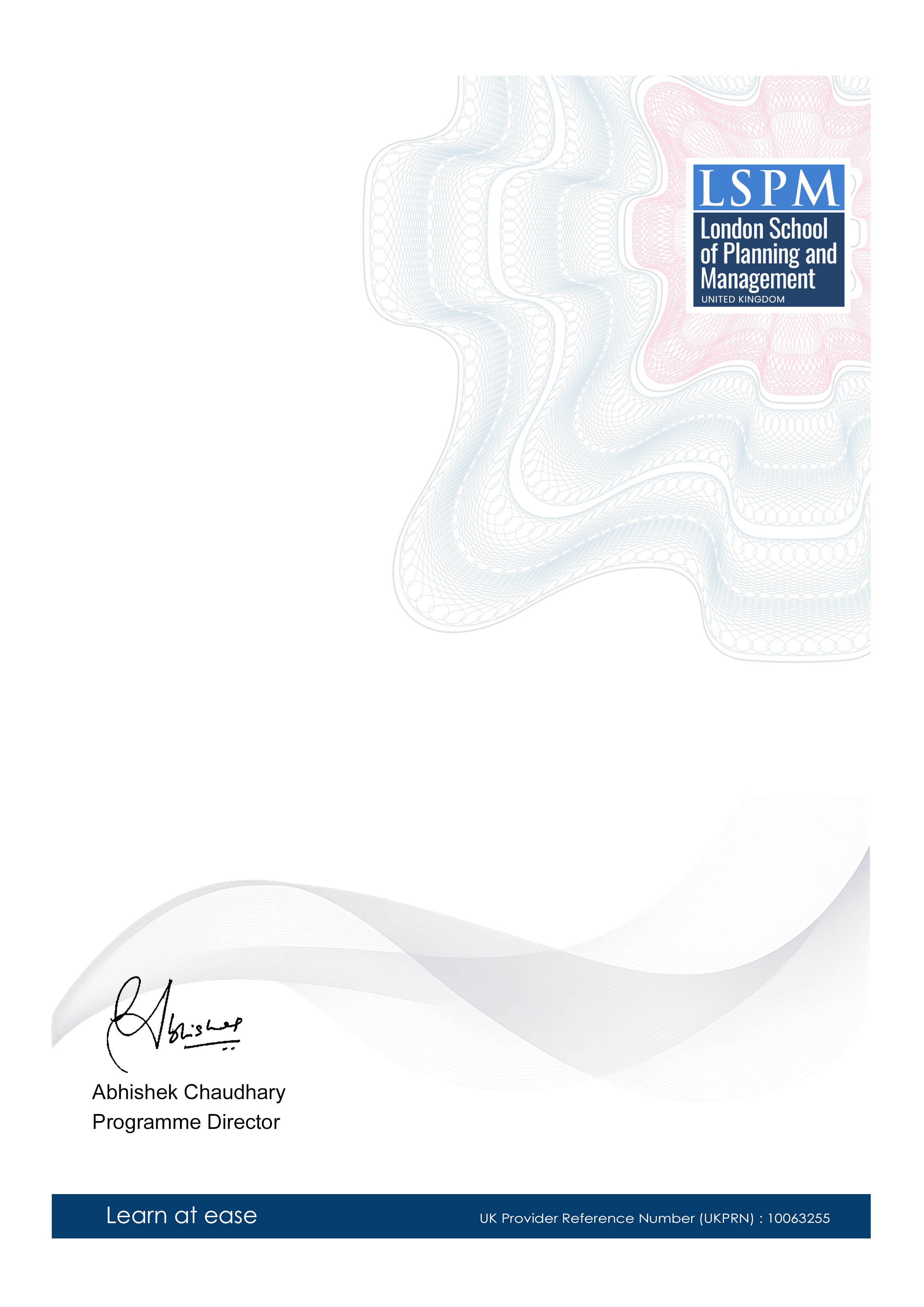Professional Certificate in Trauma Therapy for Gambling Addiction
-- viewing nowThe Professional Certificate in Trauma Therapy for Gambling Addiction is a comprehensive course designed to equip learners with the essential skills needed to address the complex challenges of gambling addiction and its associated traumas. This course is of utmost importance in today's world, given the growing prevalence of gambling addiction and its severe impact on individuals, families, and communities.
5,967+
Students enrolled
GBP £ 149
GBP £ 215
Save 44% with our special offer
About this course
100% online
Learn from anywhere
Shareable certificate
Add to your LinkedIn profile
2 months to complete
at 2-3 hours a week
Start anytime
No waiting period
Course details
• Understanding Gambling Addiction: Definition, Prevalence, and Impact
• Trauma and its Relationship with Gambling Addiction
• Identifying and Assessing Trauma in Gambling Addicts
• Trauma-Informed Approaches to Gambling Addiction Treatment
• Cognitive Behavioral Therapy for Trauma and Gambling Addiction
• Mindfulness-Based Interventions for Trauma and Gambling Addiction
• Motivational Interviewing in Trauma Therapy for Gambling Addiction
• Ethical Considerations in Trauma Therapy for Gambling Addiction
• Best Practices for Integrating Trauma Therapy into Gambling Addiction Treatment Programs
• Case Studies and Role-Playing in Trauma Therapy for Gambling Addiction
Career path
Entry requirements
- Basic understanding of the subject matter
- Proficiency in English language
- Computer and internet access
- Basic computer skills
- Dedication to complete the course
No prior formal qualifications required. Course designed for accessibility.
Course status
This course provides practical knowledge and skills for professional development. It is:
- Not accredited by a recognized body
- Not regulated by an authorized institution
- Complementary to formal qualifications
You'll receive a certificate of completion upon successfully finishing the course.
Why people choose us for their career
Loading reviews...
Frequently Asked Questions
Course fee
- 3-4 hours per week
- Early certificate delivery
- Open enrollment - start anytime
- 2-3 hours per week
- Regular certificate delivery
- Open enrollment - start anytime
- Full course access
- Digital certificate
- Course materials
Get course information
Earn a career certificate

